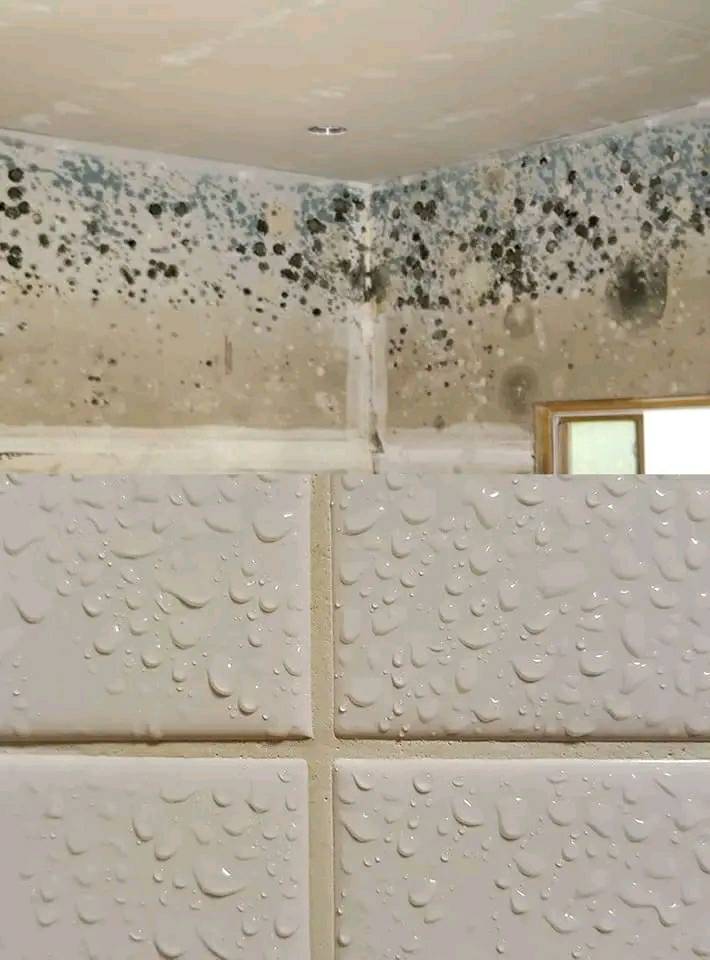1. Hygrometers: monitoring humidity levels
The role of hygrometers : These devices measure the humidity level in the air, helping to manage humidity effectively.
Application : Use hygrometers to identify problem areas and adjust ventilation or dehumidification strategies accordingly.
2. Dehumidifiers: a modern solution
When to use a dehumidifier : In cases of excessively high humidity, a dehumidifier can be an effective tool.
Choosing the Right Dehumidifier : Consider the size of the space and humidity level when selecting a dehumidifier.
Preventive Measures: Keeping Moisture At Bay
Regular maintenance : Keep gutters clean and repair any leaks quickly.
Insulation : Good insulation, especially in areas like attics and basements, can prevent moisture buildup.
Conclusion: Taking a Holistic Approach to Humidity Control
Controlling humidity in the home doesn’t have to be complicated or expensive. By adopting the wisdom passed down from our grandmothers and supplementing it with modern tools and knowledge, we can create healthier and more comfortable living environments.
FAQ: Understanding and Managing Home Humidity
1. How often should I ventilate my house to reduce humidity?
Daily ventilation, especially in the morning, can be of great help.
2. Can indoor humidity affect my health?
Yes, high humidity can exacerbate allergies and respiratory problems.
3. Are chemical dehumidifiers better than natural methods?
It depends on the severity of the moisture problem; sometimes a combination of the two is best.
4. How do I know if my house has a humidity problem?
Signs include condensation on windows, musty odors and mold growth.
5. Can houseplants increase indoor humidity?
Some plants can add humidity to the air, so it’s important to choose the right ones to control humidity.
Incorporating these strategies into your daily routine can effectively manage indoor humidity, ensuring a comfortable and healthy home environment.

